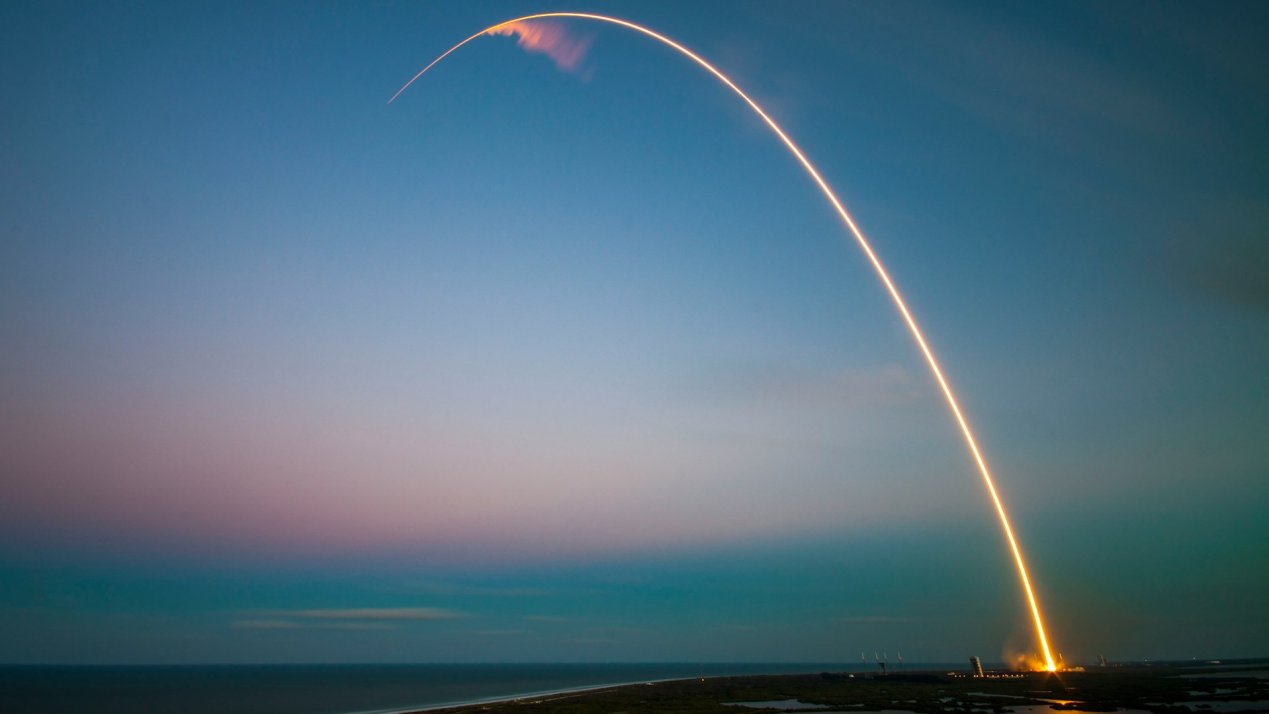Mexican data center operator KIO and US-based Lonestar have announced a strategic alliance to develop space-based data storage infrastructure. The plan includes four ground stations—in the United States, Mexico, the United Kingdom and Australia—and an initial constellation of six satellites with a combined storage capacity of 200 to 400 petabytes. Commercial deployment is targeted for 2027, with the Mexico-based station serving as the hub for Latin America.
The project will begin with services for governments, focusing on secure backups of critical data stored in orbit at about 320,000 km from Earth—near the Moon. KIO will provide terrestrial interconnection infrastructure, while Lonestar will manage satellite-based storage.
“We are going to start safeguarding information in space. It will become a bridge where the information arrives here and from here goes to satellites that Lonestar will launch in the coming years,” explained Octavio Camarena, General Director, KIO Mexico. He clarified that the system is not designed for real-time computing but for ultra-secure backups, given the two-second latency at such distances.
“Each data transmitted from KIO’s data centers to Lonestar’s satellites is a sign that the region can be at the forefront of innovation,” said Miguel Ramos, COO, KIO.
According to Lonestar’s roadmap, the first stage consists of establishing a cislunar orbit link, connecting ground antennas with satellites in lunar orbit to enable continuous and secure transmissions. Later phases include the construction of facilities in lunar lava tubes or craters to increase protection and resilience.
“We are a satellite and will store hundreds of petabytes—between 200 and 400 petabytes—by the end of the decade in space. Why do we do this? Because space is safe, it provides sovereignty, accessibility and security,” said Steve Eisele, President and Chief Revenue Officer, Lonestar. He emphasized that orbital storage creates both a physical and legal barrier compared to terrestrial infrastructure, adding an “air gap” that reduces conventional attack vectors and offers resilience against natural disasters.
Chris Stott, founder, Lonestar, said the decision to partner with KIO was based on its established infrastructure in Latin America. “This is a truly historic moment in which, together, our companies are creating and defining the future of sovereign data backup, leveraging KIO’s infrastructure and combining it with infrastructure in space,” he said in a recorded statement.
Initial clients will include governments and agencies managing critical information such as national security, healthcare, and financial data. Expansion to private companies in regulated industries is envisioned for later phases.
